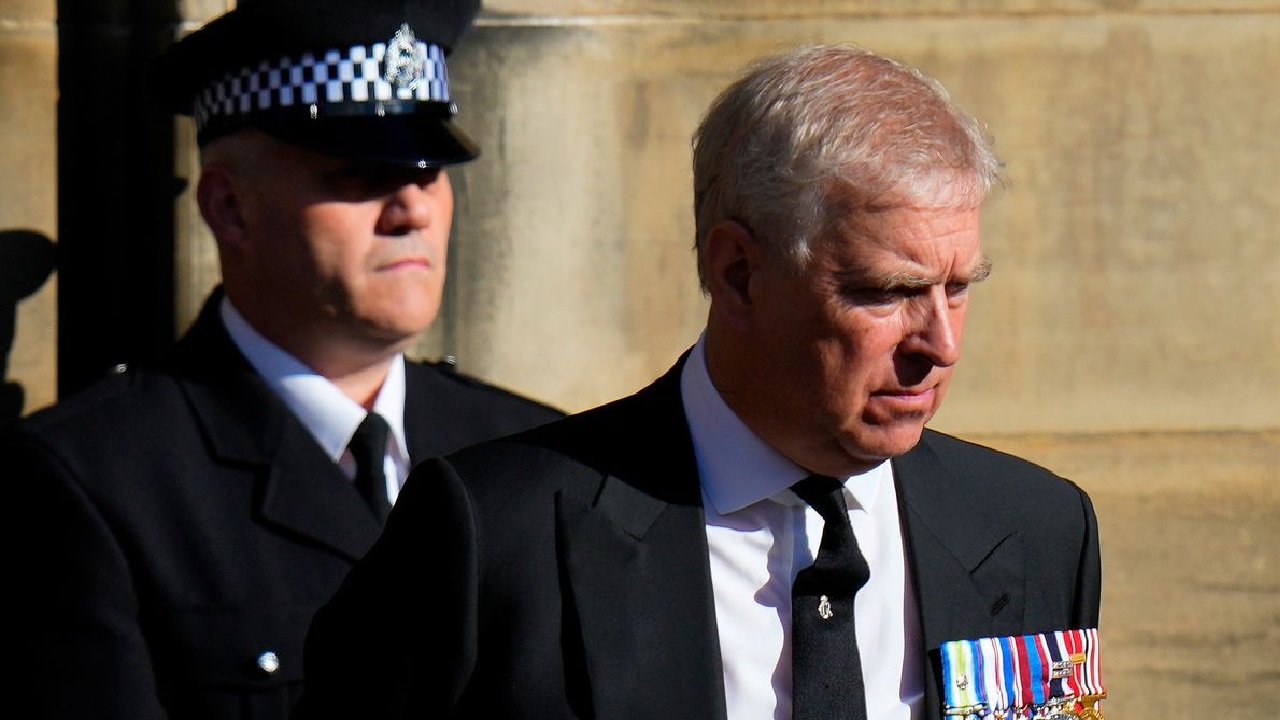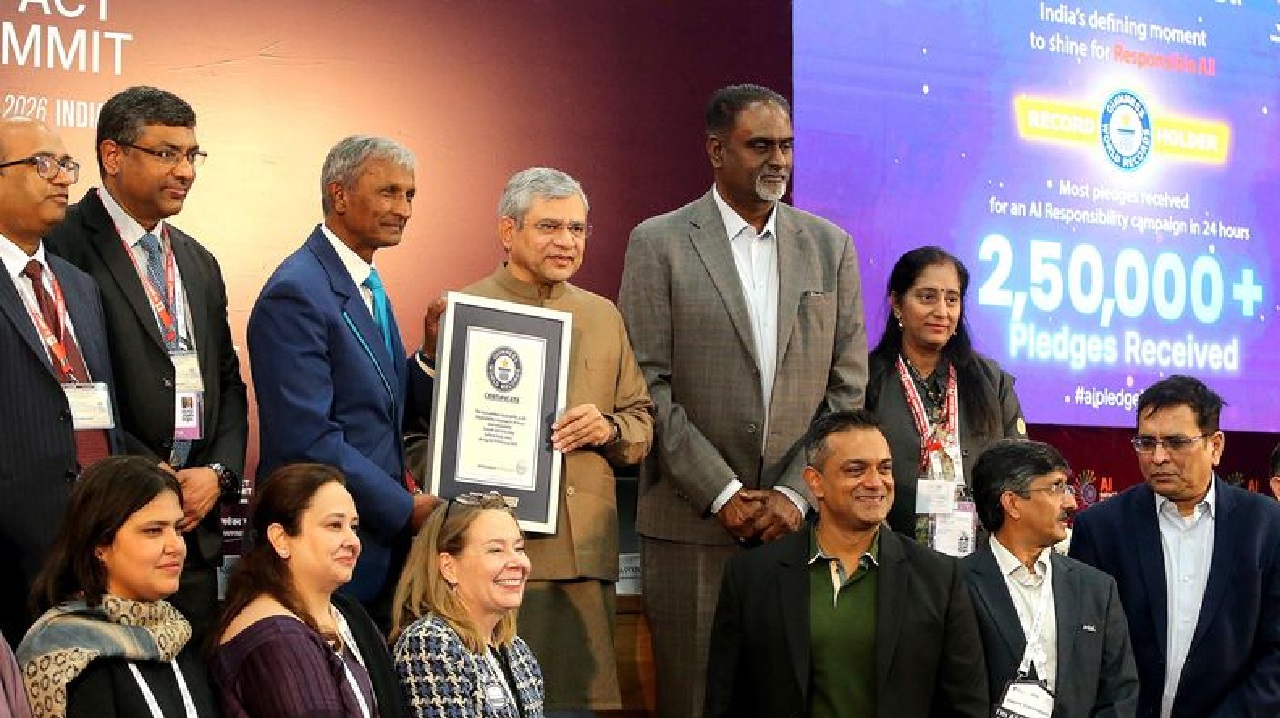President Joe Biden conveyed warm congratulations to Indian Prime Minister Narendra Modi on his resounding electoral triumph.
· The ensuing discussion reaffirmed the enduring bond between the two nations and set the stage for an imminent visit to New Delhi by U.S. National Security Adviser Jake Sullivan, heralding a new phase in Indo-U.S. relations.
· Sullivan’s agenda is poised to encompass a spectrum of bilateral priorities, ranging from technological collaboration to security cooperation, reflecting the multifaceted nature of the Indo-U.S. partnership.
· The confirmation of Sullivan’s visit during the telephonic exchange between Biden and Modi reverberated across diplomatic circles, signifying a reinvigoration of bilateral engagement.
· Despite the BJP-led National Democratic Alliance’s retention of power, the evolving political landscape in India underscores the need for sustained dialogue and collaboration.
In a momentous exchange of felicitations and strategic discourse, President Joe Biden conveyed warm congratulations to Indian Prime Minister Narendra Modi on his resounding electoral triumph. The ensuing discussion not only reaffirmed the enduring bond between the two nations but also set the stage for an imminent visit to New Delhi by U.S. National Security Adviser Jake Sullivan, heralding a new phase in Indo-U.S. relations.
The cordiality between Biden and Modi was palpable in their shared commitment to deepening the Comprehensive and Global Strategic Partnership, especially in navigating the complex geopolitical landscape of the Indo-Pacific region. Against the backdrop of a shifting global order, characterized by China’s ascendancy and regional security challenges, the alignment of interests between India and the United States assumes paramount significance.
As the White House issued a statement elucidating the key points of the call, the emphasis on Sullivan’s forthcoming visit underscored the strategic imperative of engaging with the newly elected Modi 3.0 government. Sullivan’s agenda is poised to encompass a spectrum of bilateral priorities, ranging from technological collaboration to security cooperation, reflecting the multifaceted nature of the Indo-U.S. partnership.
Amidst the geopolitical calculus, the U.S. State Department’s acknowledgment of India’s pivotal role in ensuring a free Indo-Pacific region resonated deeply. This acknowledgment not only underscores India’s strategic relevance but also underscores Washington’s recognition of New Delhi as a linchpin in regional stability and prosperity.
Despite converging strategic interests, the U.S. has not shied away from addressing human rights concerns in India, signaling a nuanced approach to bilateral relations. The candid dialogue between the two nations exemplifies the maturity of the Indo-U.S. partnership, wherein shared values are upheld alongside strategic imperatives.
The confirmation of Sullivan’s visit during the telephonic exchange between Biden and Modi reverberated across diplomatic circles, signifying a reinvigoration of bilateral engagement. Against the backdrop of India’s recent Lok Sabha elections, characterized by historic voter turnout and a closely contested electoral landscape, Sullivan’s visit assumes added significance as both nations navigate the complexities of democratic governance.
Despite the BJP-led National Democratic Alliance’s retention of power, albeit with a slim majority, the evolving political landscape in India underscores the need for sustained dialogue and collaboration. Sullivan’s visit serves as a testament to the enduring commitment of the United States to deepen ties with India, irrespective of electoral outcomes.
As Sullivan prepares to embark on his visit to New Delhi, the world watches with anticipation, recognizing the pivotal role of the Indo-U.S. partnership in shaping regional and global affairs. In an era defined by geopolitical flux and strategic realignments, the visit marks a pivotal moment in the journey towards a stronger, more resilient alliance between two vibrant democracies.
(With inputs from agencies)








